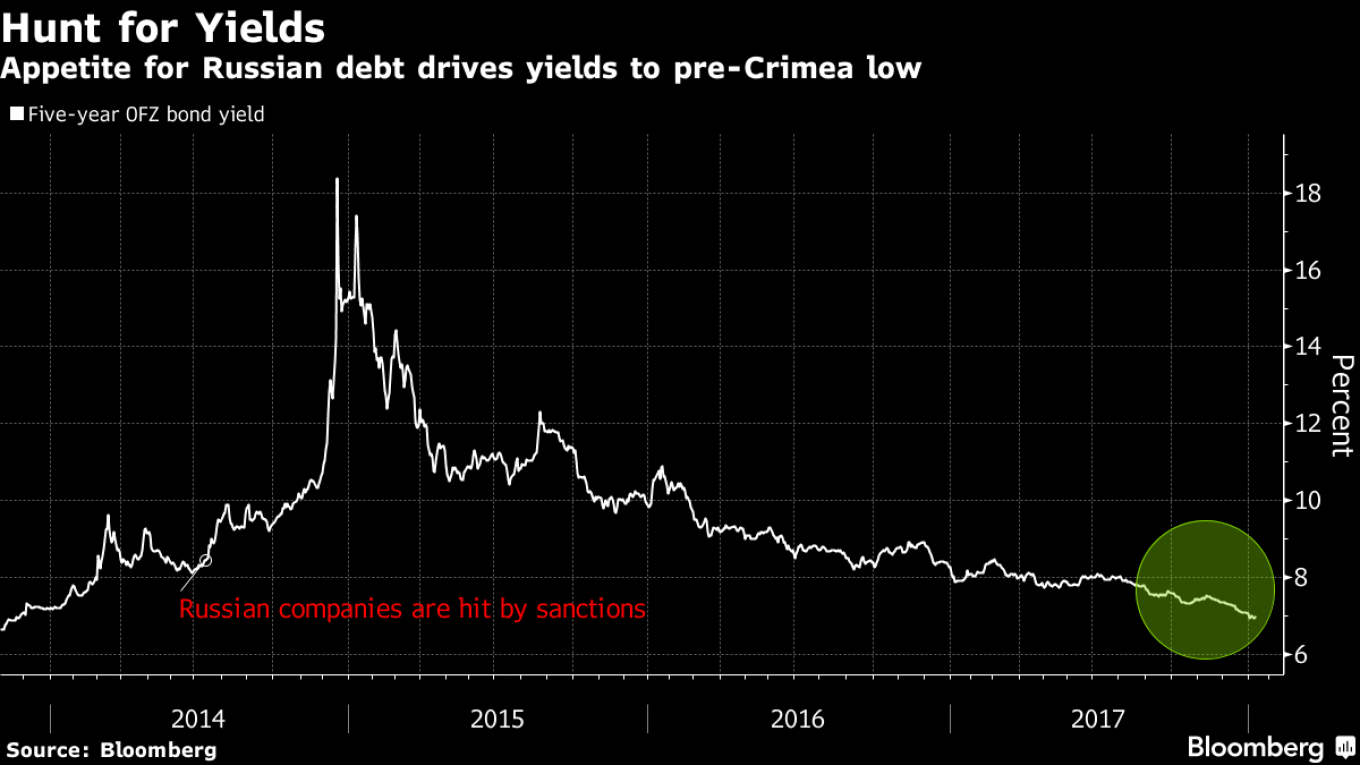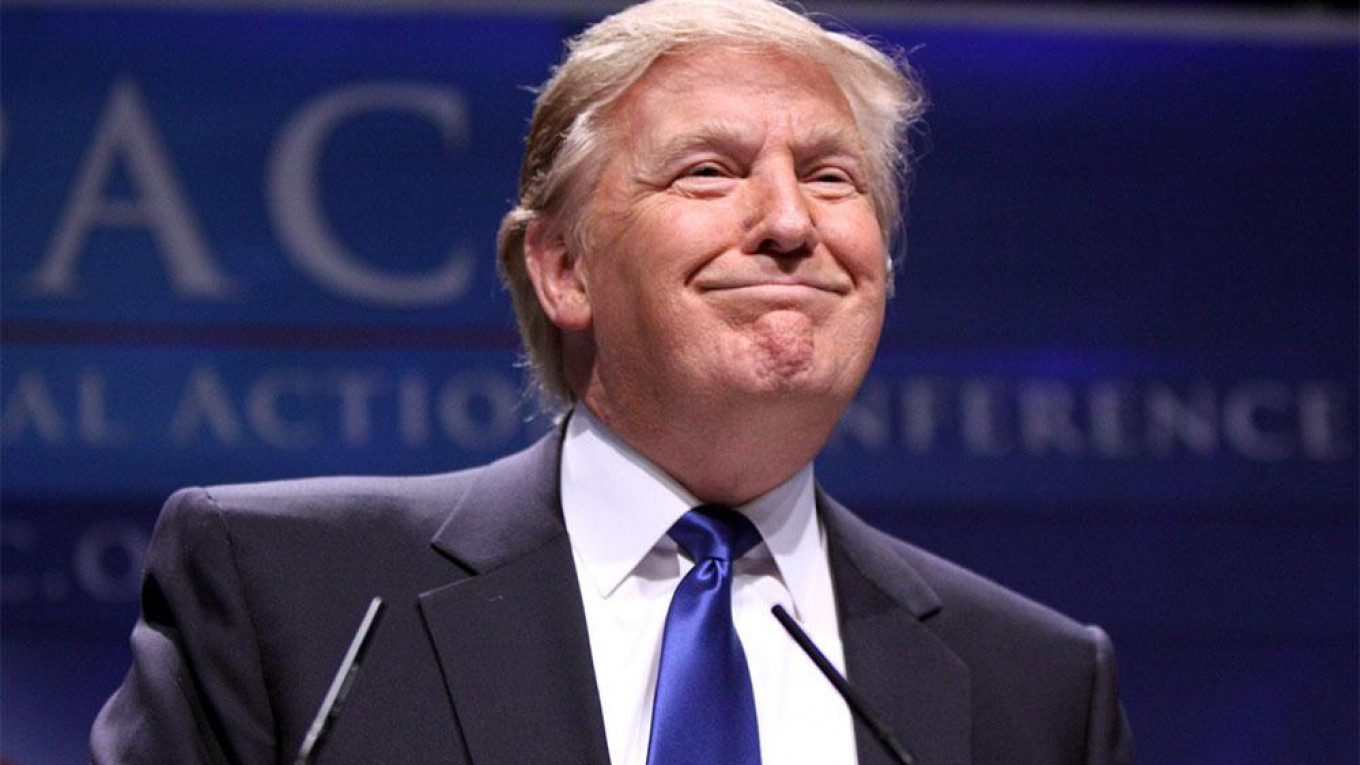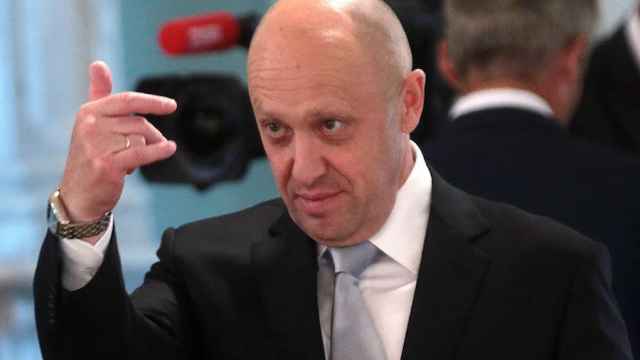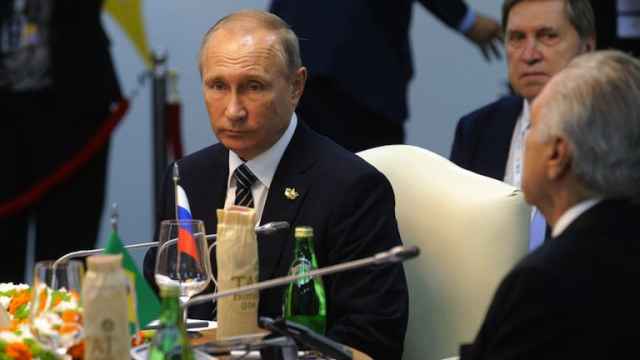(Bloomberg) — Some European investors will be grateful if the U.S. Treasury recommends sanctioning Russian debt.
“It would mean forced selling by Americans, a wonderful technical, which would be criminal not to exploit if you are a European investor,” said London-based Jan Dehn, the head of research at Ashmore Group, which manages $65 billion of emerging-market assets. “We would have to send a thank-you note to Donald Trump.”
Investors are waiting for a Treasury report due by Jan. 29 analyzing the implications of sanctions on sovereign ruble bonds, a third of which are held by foreigners.
While most fund managers and analysts surveyed by Bloomberg don’t expect the U.S. will ultimately opt for such severe penalties, some European investors are ready to pile into the high-yielding instruments in the event of a selloff.
The U.S. sanctioned some of Russia’s biggest companies in 2014, banning investors from buying new bonds and shares from issuers including Rosneft PJSC and VTB Group as punishment for the Kremlin’s role in the Ukraine crisis.
While the move triggered a jump in the companies’ Eurobond yields, their borrowing costs have since dropped below the level before the sanctions were imposed.
“Value investors would buy the dip, just like when a number of Russian corporates were sanctioned a few years ago,” Dehn said.
Nabiullina Backstop
Investors from Ashmore and Amundi Asset Management are also confident that the Russian central bank and Finance Ministry would step in to curb the declines.

The regulator “doesn’t exclude” purchases of local-currency sovereign debt to counter any potential fallout, central bank Governor Elvira Nabiullina said in December. Local banks could step into the market should foreigners depart, she said.
“I think the market will suffer in the short term, but it will be a buying opportunity at a certain level,” said Sergei Strigo, co-head of emerging-market debt for Amundi in London.
Russia’s ruble-denominated state debt handed investors a return of 20 percent in dollar terms last year, the fifth-best result in emerging markets, as the global hunt for yields outweighed the risk of new penalties.
The slowest inflation in Russia’s modern history has made its real interest rates some of the highest in developing nations. That helped traders who borrow in countries where rates are low and invest where they are high earn 15 percent last year by betting on the ruble, the fourth-highest return among peers.
Ratings Boost?
Russia’s so-called OFZ bonds have continued their rally this year as Brent trades near $70 a barrel. The Finance Ministry sold all 40 billion rubles ($704 million) of OFZs offered at auctions Wednesday.
A mild Treasury report and no fresh surprises could open the path for a credit ratings increase by Moody’s Investors Service and S&P Global Ratings, according to Bank of America Corp.’s Moscow-based economist, Vladimir Osakovskiy.
If the report does recommend sanctions on Russian debt, it could boost yields by as much as 150 basis points, falling to 60 basis points after six months, according to Richard Segal, a London-based credit analyst at Manulife Asset Management.
At the same time, “the experience of the initial sanctions and the fall in oil prices is that this would be a buying opportunity,” he said.
A Message from The Moscow Times:
Dear readers,
We are facing unprecedented challenges. Russia's Prosecutor General's Office has designated The Moscow Times as an "undesirable" organization, criminalizing our work and putting our staff at risk of prosecution. This follows our earlier unjust labeling as a "foreign agent."
These actions are direct attempts to silence independent journalism in Russia. The authorities claim our work "discredits the decisions of the Russian leadership." We see things differently: we strive to provide accurate, unbiased reporting on Russia.
We, the journalists of The Moscow Times, refuse to be silenced. But to continue our work, we need your help.
Your support, no matter how small, makes a world of difference. If you can, please support us monthly starting from just $2. It's quick to set up, and every contribution makes a significant impact.
By supporting The Moscow Times, you're defending open, independent journalism in the face of repression. Thank you for standing with us.
Remind me later.






